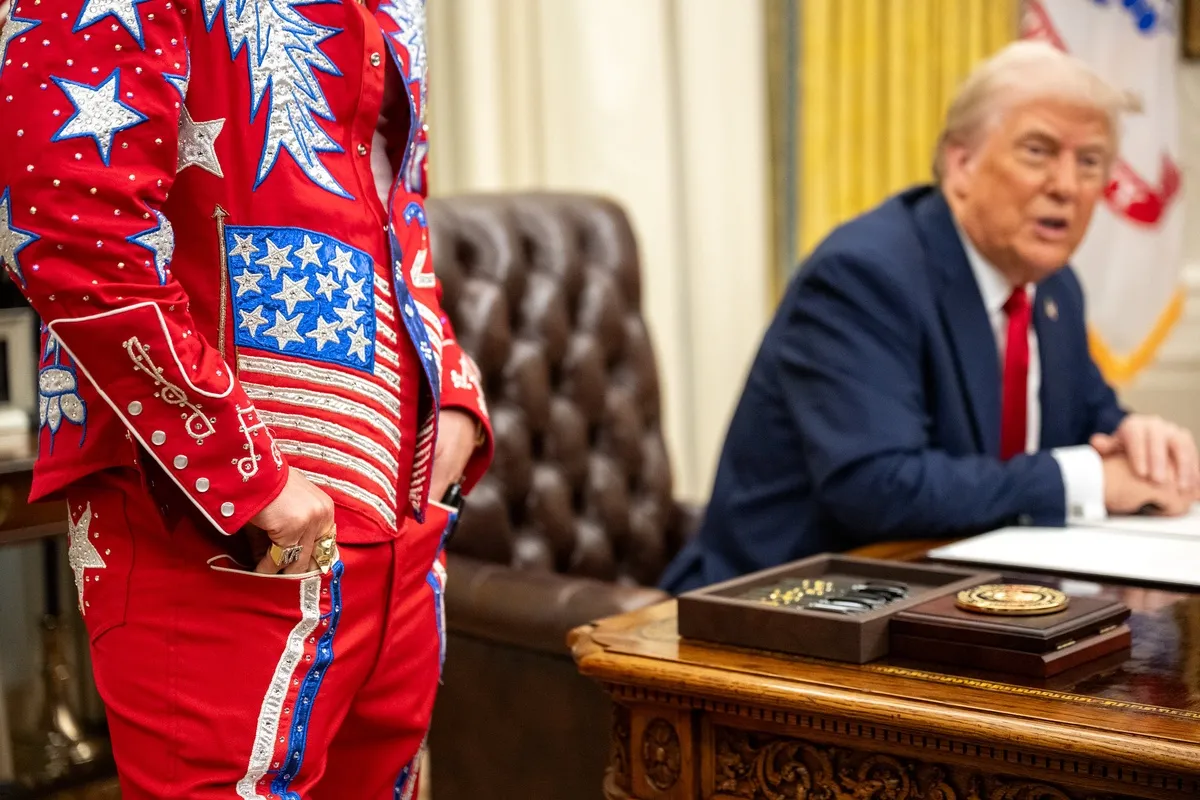Sri Lanka Launches First Global Tourism Campaign in 16 Years
Sri Lanka has finally announced its plans to roll out its global tourism marketing campaign urging tourists “You’ll Come Back For More,” marking the first such campaign since 2007.
Skift had earlier highlighted the country's 16-year gap in robust tourism promotion. The country had developed a comprehensive consumer campaign in 2021, which had then been shelved.
The new campaign is set to unfold in phases, initially focusing on communicating the restoration of stability in the country and its readiness to welcome tourists, this will run through February. Subsequent stages will elaborate on the central theme of "You'll come back for more," targeting key source markets of Sri Lanka Tourism.
Ogilvy, the creative agency behind the campaign, based its strategy on insights revealing that over 30% of tourists visiting Sri Lanka are repeat travelers.
The government has also urged the private sector to play a pivotal role in attracting tourists, with Tourism Minister Harin Fernando emphasizing that the government's responsibility was restricted to ensure an enabling environment.
Tourism Targets
This year's target for tourist arrivals in Sri Lanka is 1.5 million, a goal viewed by some as modest given the destination's capacity and potential.
According to the latest tourism data, Sri Lanka had welcomed 1.3 million tourists by November, with India leading as the largest contributor with almost 260,000 arrivals, followed by Russia with 168,000 tourists.
The country plans to welcome 2.5 million tourists next year.
Free Tourist Visas
As part of a broader strategy to rejuvenate the tourism sector and achieve a target of 5 million arrivals by 2026, Sri Lanka announced issuing free tourist visas until March for visitors from seven countries — India, China, Russia, Japan, Thailand, Indonesia, and Malaysia.
The backdrop to these efforts includes last year's wave of anti-government protests, beginning in April, triggered by severe shortages of food, fuel, and medicines. The country declared a state of emergency, facing what is considered its most significant economic crisis.





